
‘Learning is not about pouring information into students’ heads; learning requires thought’.
As Confucius noted, “learning without thought is perilous.” By the same standard, “teaching without thought is a waste of time!” Twenty-five hundred years ago, Confucius understood that learning is an active mental process. He reminds us of that concept by scripting the following principle: What I hear, I forget. What I see, I remember. What I do, I understand.
Therefore, to learn something well, students should be able to hear it, see it, do it, ask questions about it and to discuss it with others. Above all, they need to ‘do it’. They need to figure out things by themselves, generate their own examples, trust or try their own hypotheses, demonstrate their own skills, assess their own competencies, determine the qualities of the efforts, apply what they have learned to new situations, and teach others what they have learned. This brings another dimension; learning is also “social”.
Research has shown that students learn best by doing. Active involvement of the learner is the key to learning. Young people retain approximately 10 % of what they read, 20 % of what they hear, 30 % of what they see and prepare materials to share, 50% of what they see and hear in new material, 70 % of what they explain personally to others and 90 % of what they say as they do a thing.
Learning is an internal process and much of this responsibility should be given to students. The more they do for themselves, the more they learn. So, the real challenge for teachers is how best one can involve students in their own learning process. Following are some of the tips that may help to improve student learning:
A teacher should always try and find out the existing understanding or misunderstanding of a subject. So, start with a question session or a set of questions (MCQs) on the basics of the topic in focus.
Questions may cover:
Teachers should try to create some kind of curiosity on the topic among the students. So, think about what you can do to bring the student to that point. This may be done by, for example, by suggesting how the “presenting” knowledge is helpful in real life.
Consider the best way to handle (choice of student engagement strategies) the subject under the study. The more senses (seeing, touching, tasting, hearing and smelling) involved, better the learning. How many senses are being called into play when you present the information?
Knowledge is improved by relating the unknown to the known. For example, discuss the function of automobile parts by relating them to the more familiar extensions – the steering wheel, clutch or brake.
Explain the why of a ‘thing’. For example, if you teach foods in a good breakfast, also describe the nutrients they contain and their effect on health and energy.
One must be able to adapt plans to the teachable moment. Remember, it is what the students do, that results in learning.
For example, at a field education session on client assessment, demonstrate the techniques using appropriate assessment tools. Let each student conduct an assessment interview under close supervision in their field practicum. Then discuss the process with them.
Young people immediately require recognition. So, discuss the results of their work with them and suggest improvements. Have them demonstrate or in some way display their efforts as soon as they are ready.
Students learn and retain more when action is involved in the classroom-based teaching-learning process. You can become a more effective teacher by posing simple questions to students while they are doing an activity. Combining activities with questions to help students learn is called experiential learning.
Experiential learning helps the student to ‘explore’ (do), ‘reflect’ and ‘apply’. These are the three steps to experiential learning. Students explore and learn when they are involved in a hands-on learning activity. They reflect on the activity when they can share and think about it. The questions relate to what happened during the activity and what was important about the activity. Possible learning questions:
To complete the process, students need to apply what they have learned to everyday life. Questions related to why the activity was important and the applications of this activity in the real world etc., should also be discussed. Some of the possible learning questions would be:
As you facilitate students through group activities, use experiential learning to help students to think about what they learned and how to apply it to their lives. Field practicum or field education, service learning and internships also comes under experiential learning. But these are organized outside the classrooms in real-world situations.
The next article in this series will describe the internal processes of active (deep) learning and lead to various student engagement activities for experiential learning. We expect that this would help teachers to design effective learning experiences through interactive instructional strategies that engage students in higher-order thinking. This could in-turn help in designing teaching-learning plans for OBE, better PBAS as well as better score in the teaching-learning and evaluation process indicators as per the revised NAAC accreditation manual.
Do you have anything to add on these topics? Please feel free to comment below and let us know.
Join us for FREE to get instant email updates!
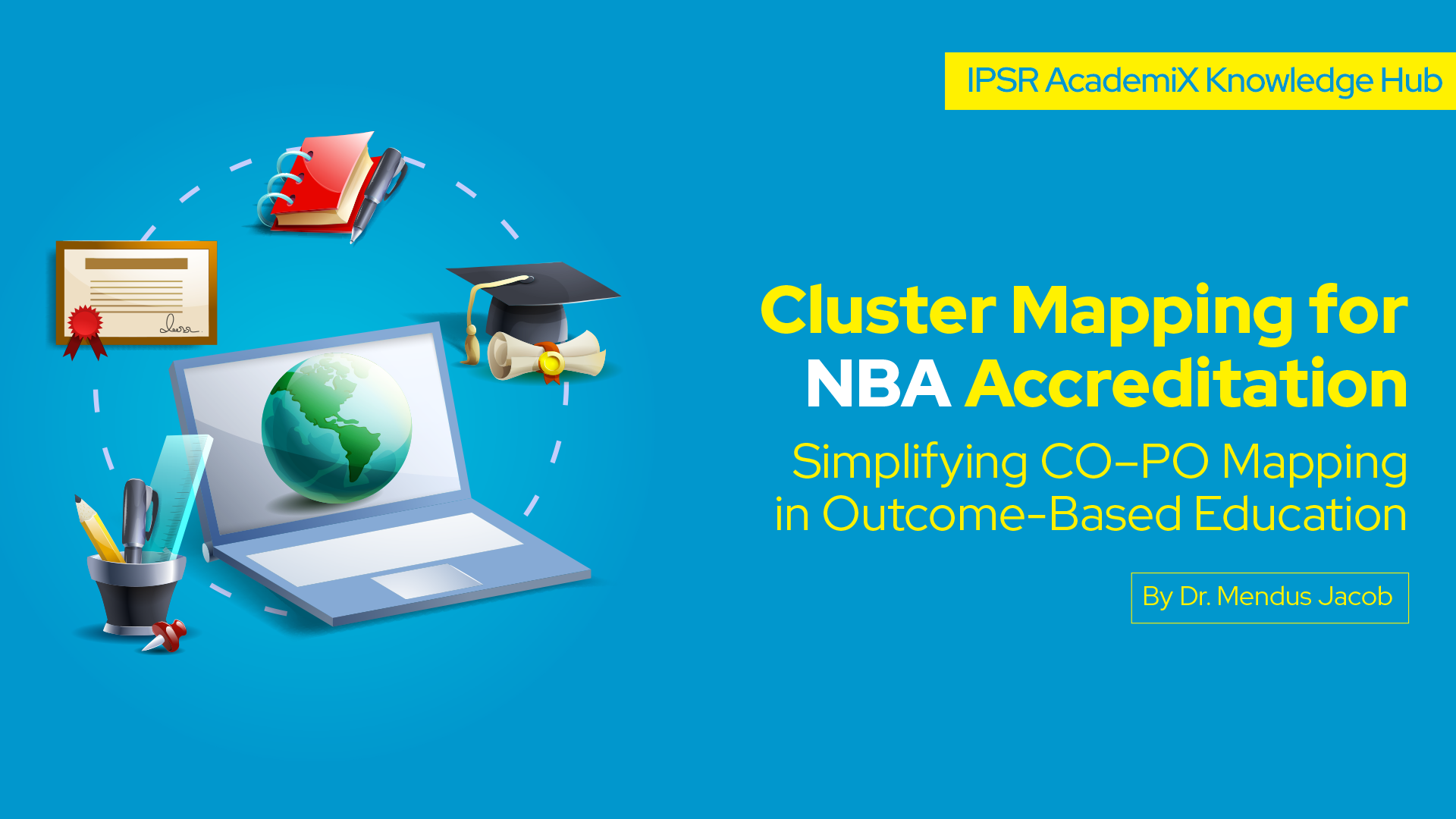
Simplifying CO–PO Mapping in Outcome-Based Education Accreditation by the National […]
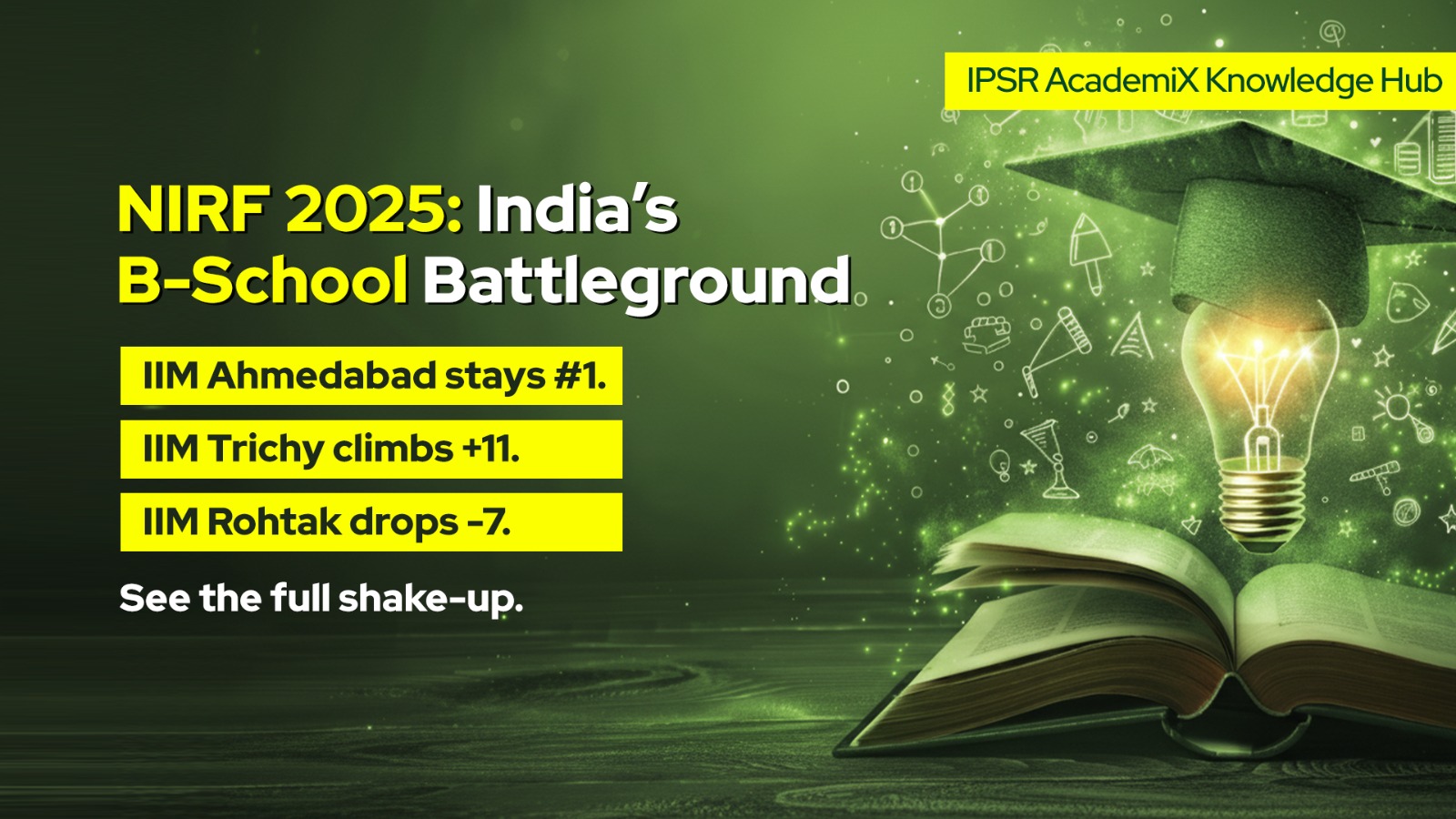
The National Institutional Ranking Framework (NIRF) 2025 results are out, […]
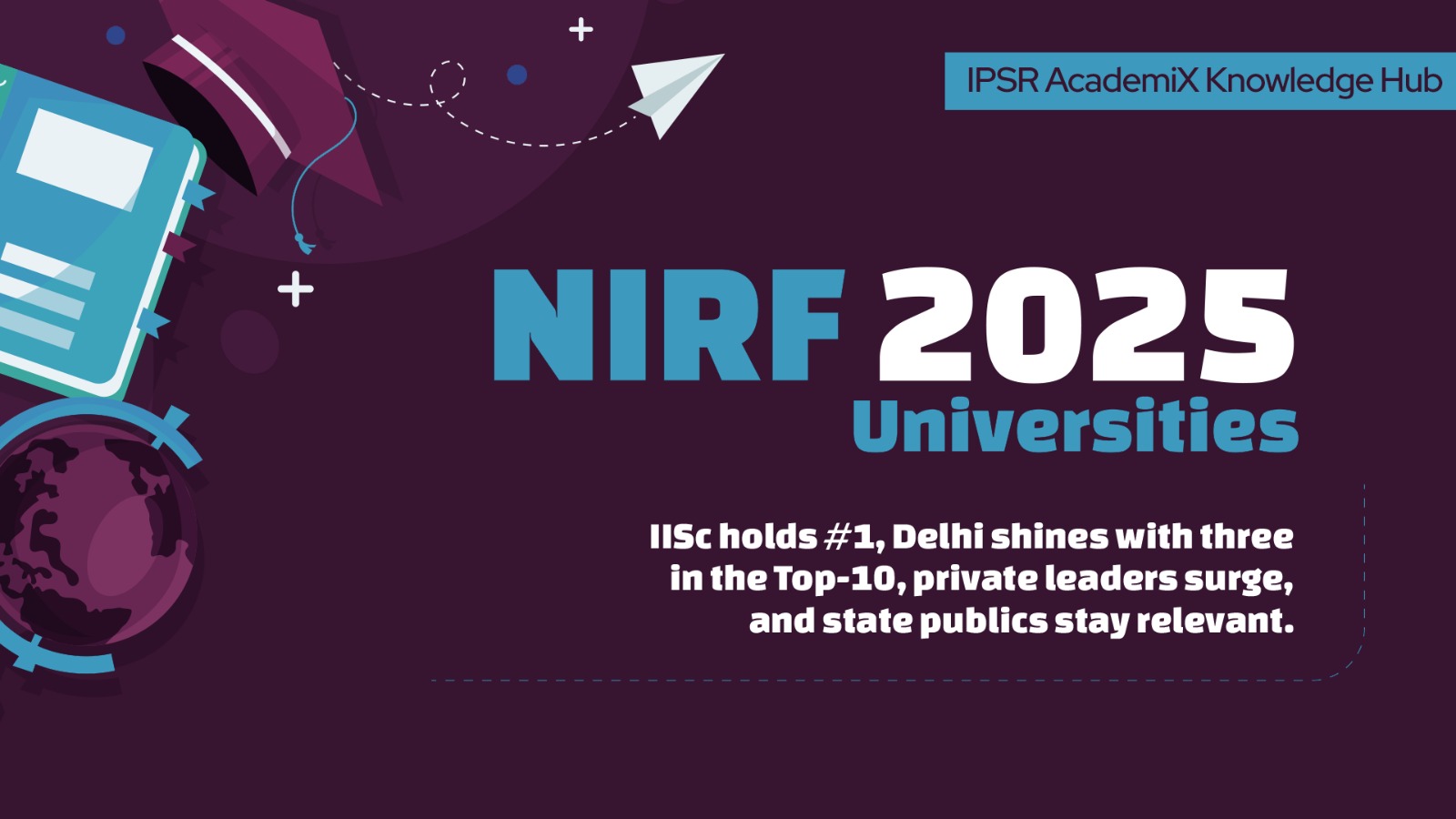
What the Top 100 Rankings Reveal About India’s Universities The […]
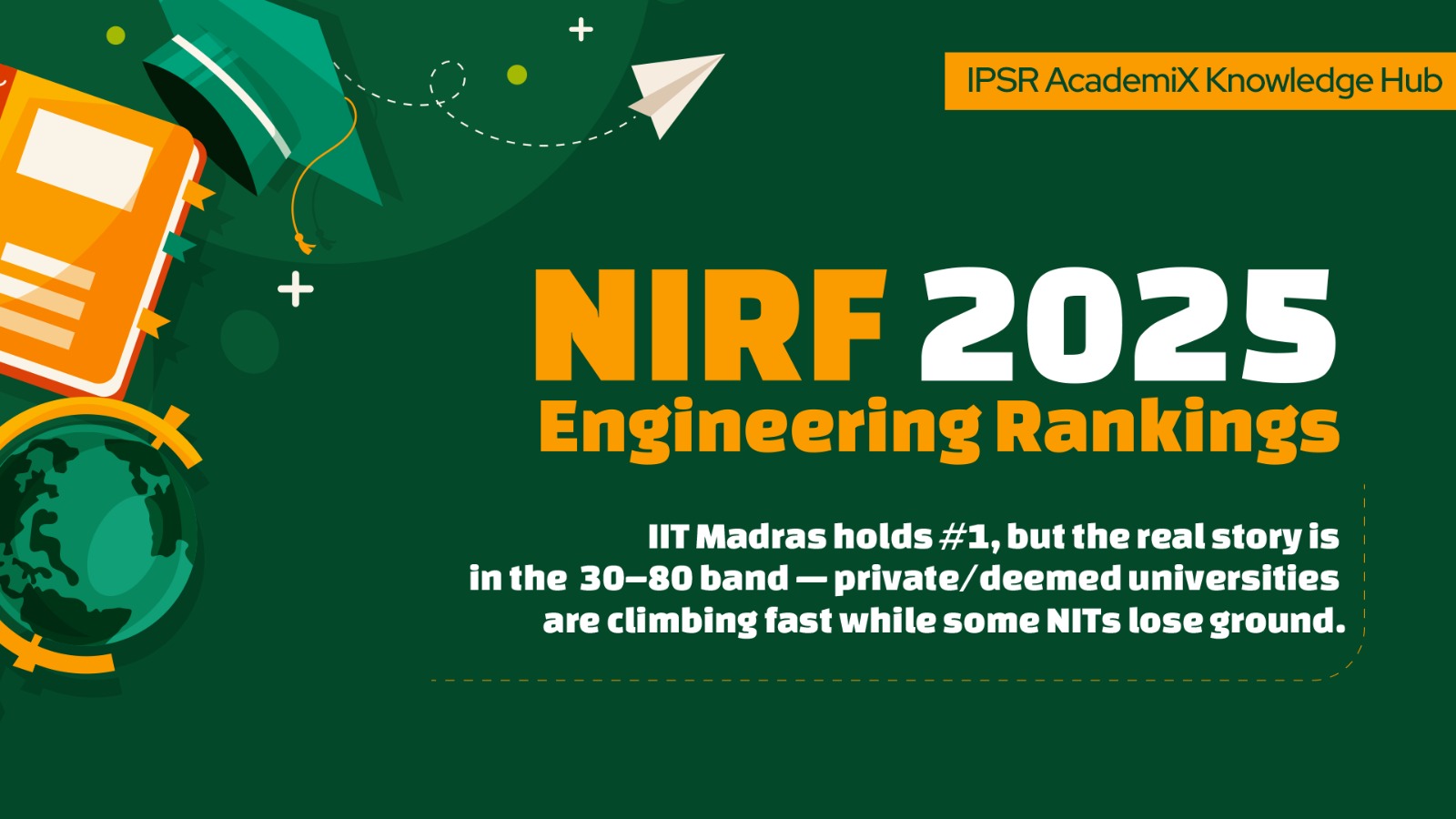
Exploring patterns, trends, and the evolving landscape of technical education […]
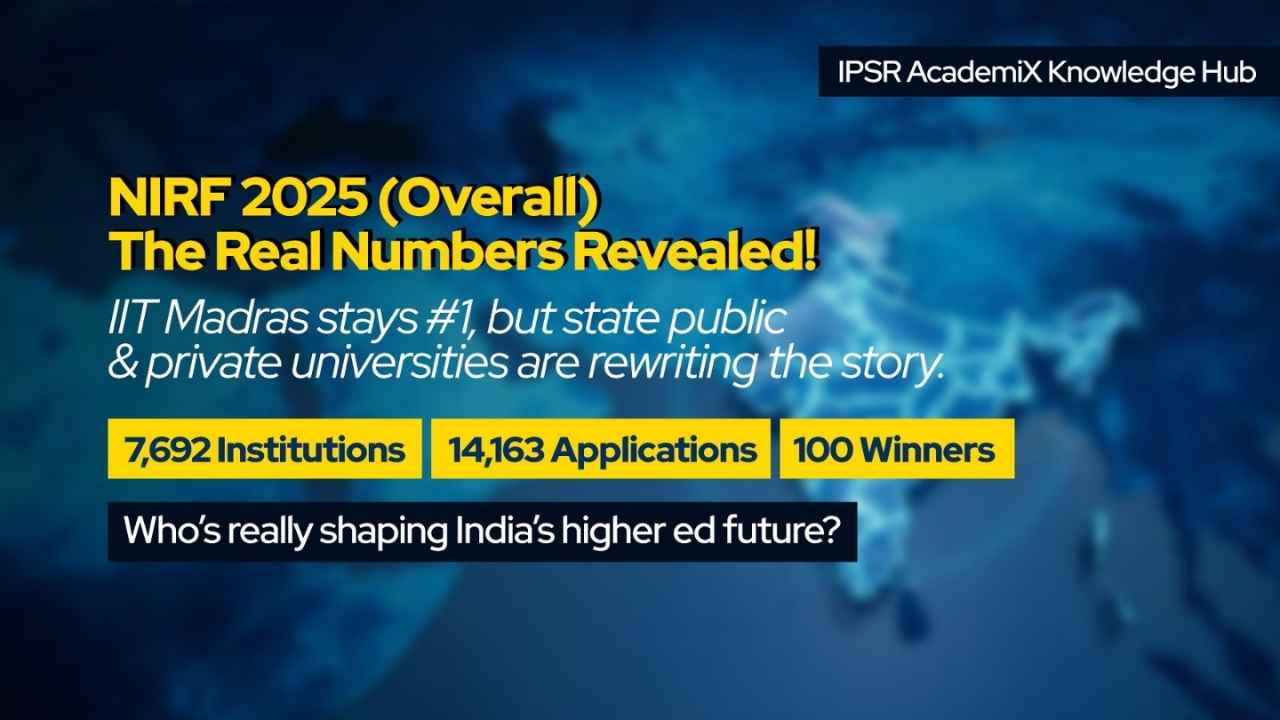
Release date: September 4, 2025 Source: NIRF portal’s Overall Top-100 […]
valuable information
Dear Deepthi John, Thanks for leaving us such wonderful feedback. We are happy that our blog was informative and valuable for you. If you have any queries, feel free to contact us at academicsolutions@ipsrsolutions.com
Thank You for your feedback, feel free to contact us at academicsolutions@ipsrsolutions.com